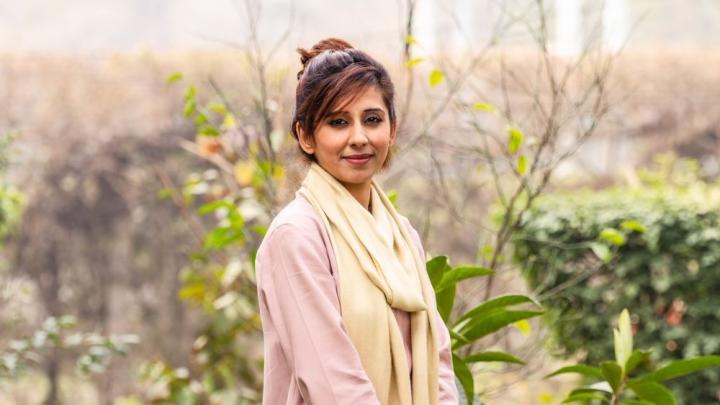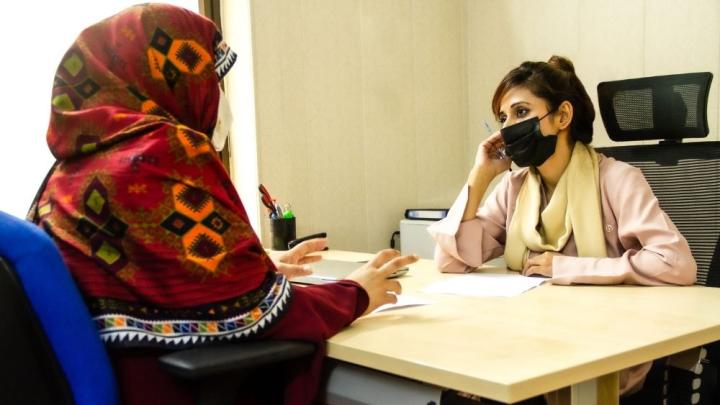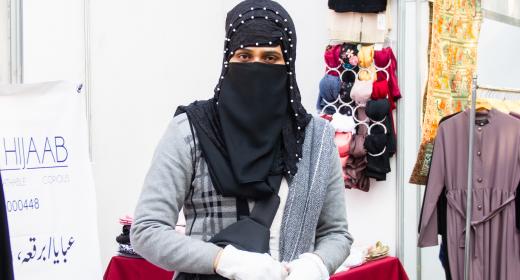Nighat Aziz is an advisor at the Pakistani-German Facilitation and Reintegration Centre (PGFRC) and the central contact person for women and persons in need. Together with the centre's partner organisations, she addresses their specific requirements.
The woman who recently asked Nighat Aziz for support had lived abroad with her family for more than 20 years. "But because of the Corona pandemic, the husband lost his job and the family suddenly became destitute." With her three children, the woman returned to Pakistan and turned to the PGFRC. Aziz, who focuses on counselling women and people in need, supported her reintegration in Pakistan. She referred the returnee to organisations that, among other things, provided her with psychosocial support. At the PGFRC, the woman learned how to write a CV and master job interviews. Through the Hashoo Foundation, she also took part in a training course on how to start a business.





